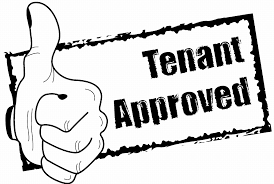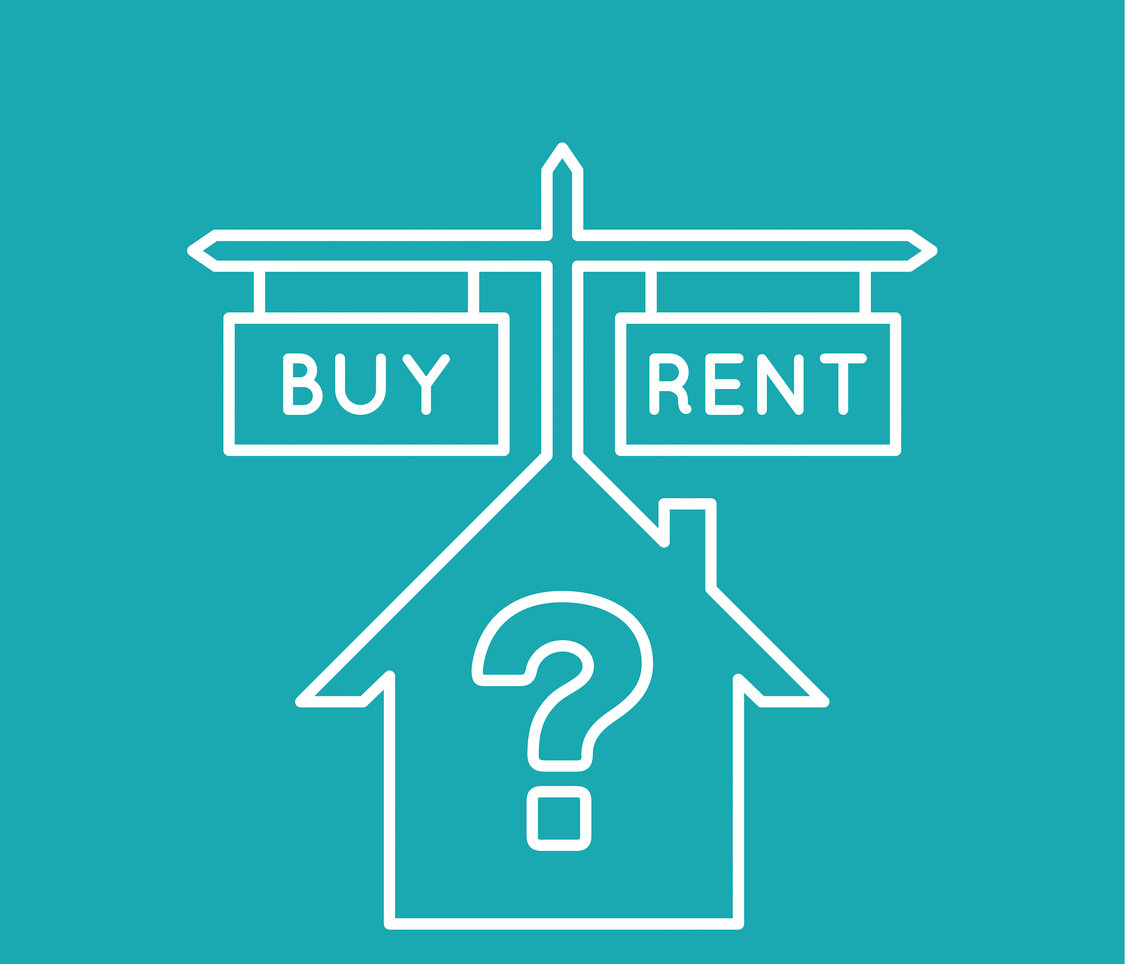Tips For A Potential Landlord
Real estate investment might be great. I mean it just entails getting a property in a nice location, finding tenants and earning your money. Easy right? However, there are some factors that should be considered before purchasing a property and letting the apartments out to potential tenants. Here are some pros and cons of acquiring rental properties and how you can generate profit as a landlord:
Advantages of Rental Real Estate
#1. Current Income:
This is just the remainder of the rent money after mortgage and other similar expenses have been paid. In other words, it is a monthly stipend that your property generates for you and that you didn’t have to work for.
#1. Appreciation:
As time goes on, a property increases in value. However, this is not guaranteed. However, in particular areas like the cities, the home will most likely heighten in value. Even in low-populated areas and the suburbs, general inflation might enable properties to appreciate.
#2. Leverage:
Rental properties can be purchased by depositing a fraction of the total value. This way, you can control the whole property and its equity. Furthermore, with the purchase of the property, your debt is secured instead of your assets; thus, if you lose the rental property, you would not lose your home.
#3. Tax Advantages:
Your rental income might be tax-free if there is no net cash flow after the deduction of expenses, which implies that you would own more of the total value of the home but no taxes would be paid on the money that is coming in. Also, you can refinance your mortgage loan by removing tax money if the property appreciates in value and the interest rates dropped.
In addition, you may avoid paying taxes on the sale of a rental property if it is sold and reinvest the money in another property. This is called tax-free exchange.
Also, when you own rental real estate, you own a tangible asset which basically means you can do whatever you deem fit with it. People who are uncomfortable investing in securities may find it eeasier to invest in real estate. This is a major psychological difference as a bad stock and a bad rental property are susceptible to money loss, forcing you to sell for a loss.
Disadvantages of Rental Real Estate
#1. Liability:
Providing someone with shelter puts both parties in a relationship under a responsibility. With the rise in frivolous lawsuits, you have to be sure that the property you are renting out abides by all the government codes.
#2. Unexpected Expenses:
Prepare for any expenses associated with ownership of a rental property. Plumbing and boiler fixtures for example, might need to be replaced. These are easier to deal with but a landlords worst nightmare are the more expensive repairs such as faulty foundations, bad roofing etc.
Now, if there is no way to pay for repairs, you can lose your tenant and might not be able to sell the property at a reasonable discount. In addition, with the evolution of building codes, lead paint, asbestos, cedar roofing tiles and so on, that passed inspection in time past can be re-evaluated to your detriment
#3. Bad Tenants:
Most landlords bear testament to having to use extreme measures to collect rents from their tenants, thus dispelling all hopes of obtaining five months’ worth of overdue rent. Bad tenants can increase your expenses and even bring forward frivolous lawsuits against you.
#4. Vacancy:
Without an emergency fund for the rental property, it’s impossible to survive long vacancies as you would have to make all the payments out of your pocket (especially when there is no emergency fund) and you might even have to resort to paying rent to a bank.
Tips
Here are some guidelines to minimize the demerits of owning real estate even though it’s impossible to get rid of the pitfalls totally:
#1. Reasonable Expectations:
Keep realistic expectations, this way, you won’t be tempted to increase the rent and evict good, loyal tenants. Set a goal of positive cash flow but don’t expect to buy a new car at the end of the year.
#2. Find a Balance between Earnings and Effort:
Hire a property management firm that can run your property for a fraction of the rental income. Current income isn’t that good if you’re fully invested and working on your rental property.
#3. Know the Rules:
Read up on the federal and state laws, stating your liabilities and responsibilities so you can’t feign ignorance when something happens.
#4. Have the Property Inspected:
Get your property inspected by the building inspectors to avoid unexpected expenses before you purchase it.
#5. Make Sure Your Leases are Legal:
Any mistakes on the lease will result in litigation difficulties if a tenant violates the terms.
#6. Call References and Run Credit Checks:
Run backgrounds on the prospective tenant, check out his current home because the way it appears would most likely be how yours would like when the tenant moves in.
#7. Join the Landlords’ Association in Your Vicinity:
This would arm you with a wealth of experience as well as sample leases, laws and regulations, lists of reputable lawyers, inspectors and contractors. You can even join some associations before purchasing the rental property.
#8. Establish a Network:
Your network should comprise of a lawyer, tax professional and a banker so as to widen your holdings if you like owning rental homes.
#9. Ensure You Have the Right Kind of Insurance:
Solicit the help of an insurance professional to select the appropriate package for your type of rental property to cover any liabilities.
#10. Create an Emergency Fund:
This refers to money specifically kept aside for unexpected expenses that are not covered by insurance. It is usually 20% of the property’s value but it varies, hence there is no specific amount. You can gather current income from a property into an emergency fund.





